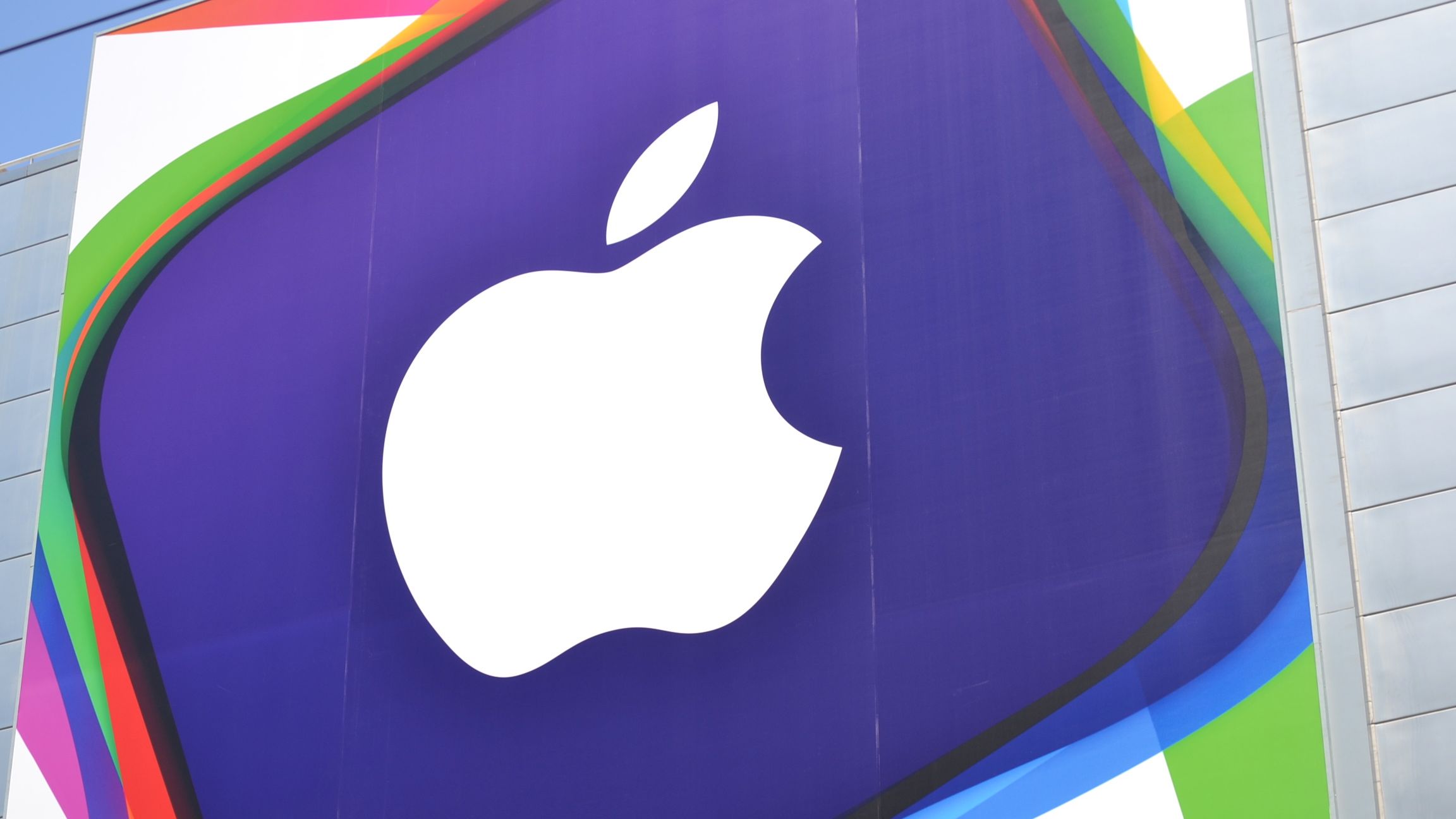Do Apple products belong in the business world at all?
Can IT admins really get excited about Apple tech?

Here are a few questions IT admins, executives, and department leaders need to ask in light of Bring Your Own Device trends, persistent issues with weak passwords in the workplace, and a growing desire to keep end-user gadgets in check in the enterprise. Do Apple products and technology even belong in business at all? Are they creating more headaches for admins? Or are there a few improvements that make Apple products more palatable?
That first question is the burning issue here, especially given how much Apple dominates in the tablet market, alongside the company's increasing market share with MacBooks. The iPhone may be losing market share to Android, but it's still a popular consumer phone and one that often shows up in the enterprise.
In July, a shockwave of epic proportions hinted at a better future for Apple in the corporate environment. IBM and Apple announced that they would start working together. (That's a bit like Facebook agreeing to bring MySpace back from the dead.) The partnership involves new enterprise-grade apps specifically designed for iOS and new device management and security platforms.
Device management issues
For most IT leaders, the issue of which devices can be used on a corporate campus or a large enterprise environment begins and ends with management. According to well-known Apple analyst Ben Bajarin from Creative Strategies, Apple has made recent strides in the areas of manageability and asset control to help companies track the devices. He also says Apple products can "play nice" in the enterprise with other Linux and Windows products.
"The Macs continued support of dual-booting to Windows or having Windows running in a virtual machine is still a critical feature," Bajarin says. This means IT can add the devices to existing management suites and have them adhere to company policies while running Windows, but the end-users can still boot into the Mac OS at home and use the same form-factor they like.
In terms of the iPhone and iPad, Apple has added features that help end-users find lost devices, which helps with the management chore and with security issues if a hacker obtains the device and tries to steal company data. "For iOS they are also doing key things in device management and security that are making them more than just a real player in the enterprise but a standard."
Van Baker, a research vice president for mobility at Gartner, says Apple has made some headway. In the last two releases of iOS, Apple has included more open APIs that let device management tools from companies like XenMobile and Good track their use. New features for device enrolment in these apps now also work in more countries.
Are you a pro? Subscribe to our newsletter
Sign up to the TechRadar Pro newsletter to get all the top news, opinion, features and guidance your business needs to succeed!
Challenges ahead
Even though many analysts are not ready to discount Apple in large companies – the ultimate answer to the question of whether they belong in business is a resounding yes – there are some serious challenges, and many of them seem to be taking quite some time to address. (For the record, Apple did not respond to repeated attempts for comment on this topic.)
"One thing I hear continually is that IT managers want to know more of the roadmap from a company," says Bajarin. "What is coming next that they need to be aware of? Many OEMs like Dell, HP, and Lenovo have enterprise councils which get to see products early and offer feedback along with making their requests for features and functions known.
"Another thing is related to OS control. Apple likes to let the customer decide if they want to install an OS but in enterprise environments they like to test OS releases and make sure everything works and no major security loopholes are found before rolling out to their employees."
John Brandon has covered gadgets and cars for the past 12 years having published over 12,000 articles and tested nearly 8,000 products. He's nothing if not prolific. Before starting his writing career, he led an Information Design practice at a large consumer electronics retailer in the US. His hobbies include deep sea exploration, complaining about the weather, and engineering a vast multiverse conspiracy.
